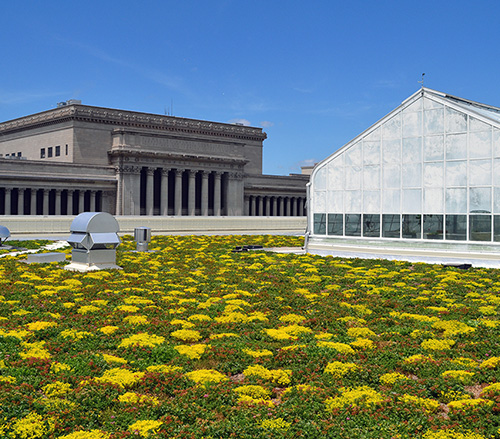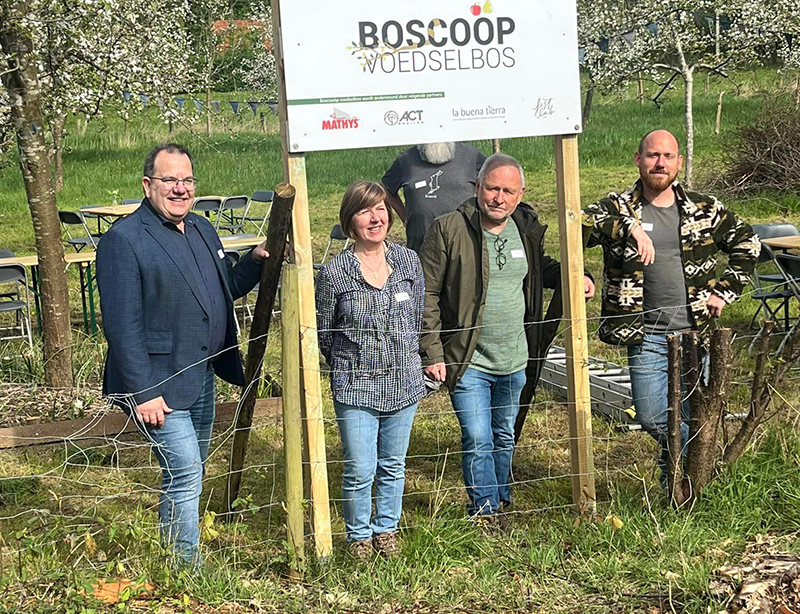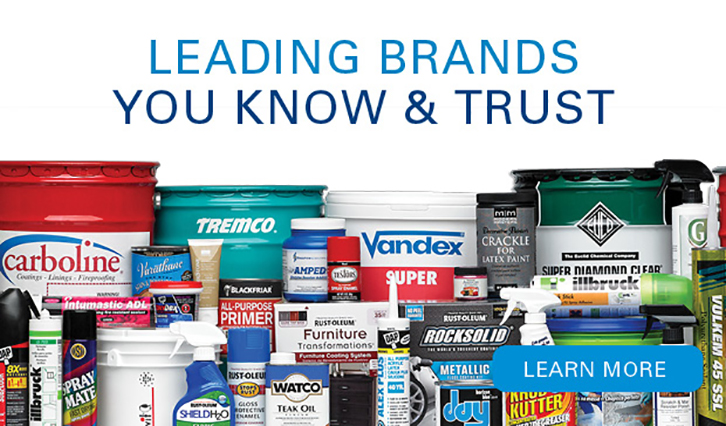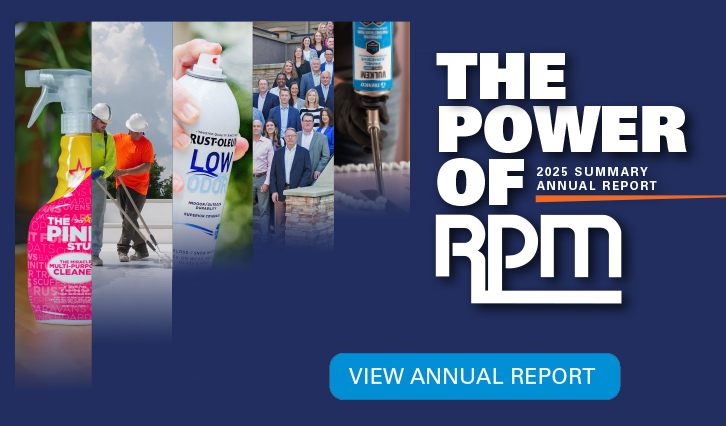
We are committed to acting as a steward of the natural environment. This is evident in our approach to water conservation. Although our operations are not especially water-intensive, we recognize the need to reduce water usage in our production processes. Each of our manufacturing facilities has controls in place to monitor water use, and through our collective efforts, we are making progress throughout our enterprise.
To achieve our water conservation aspirations, we strive to make continuous improvements in our water-related processes, management systems and equipment. This includes installing closed-loop water systems and heat exchangers. In addition, we conduct water use-specific reviews and implement strategies to reduce wastewater and stormwater pollutants. We manage our storm water runoff at each manufacturing facility to prevent inadvertent contaminant discharge and meet local permit requirements.
We consider water stress when assessing our operations and making capital expenditure decisions. Before RPM moves, adds or closes any operations, we evaluate our potential impact on the environment and water resources against our assessment matrix. This assessment matrix was developed using the World Resources Institute’s Aqueduct Water Risk Atlas.
Our Goals for Water Conservation
As part of our FY30 sustainability goals, we have established a goal of implementing water stewardship plans for all facilities in areas of high or extremely high water stress. To learn more about our FY30 goals, visit the Our Sustainability Goals page.

HIGHLIGHT
RPM facilities around the world are advancing water conservation through innovative approaches. At our Resin Center of Excellence in Belgium, green roofing covers 80% of our facility. This new facility, as well as our Martin Mathys NV/Rust-Oleum Europe facility in Belgium, collects and maximizes the reuse of rainwater in everyday operations. In addition, our Dryvit facility in Rhode Island saved over 100,000 gallons of water in FY25 through operational improvements.
Currently, RPM has few locations in close proximity to protected and high-value biodiversity habitat areas. We track projects to verify they are not in areas of high biodiversity, and if they are, we work to minimize the impact on local habitats.
Our efforts to maintain the environments where we live and work include encouraging our associates to organize events and initiatives with a sustainability focus. A few of these initiatives include:
- The team at our Stonhard Alghero facility in Italy planted more than 100 native trees, including holly oak, downy oak, strawberry trees and others, to replace trees lost in a fire during a recent drought. The trees will also reduce surface and air temperatures in the area, provide essential cooling and enhance groundwater absorption.
- Associates at our Martin Mathys facility in Belgium sponsored the creation of a food forest co-op in Zelem, where the company’s offices are located. The food forest had its first harvest in the spring of 2025 and serves as a community garden and space for educational, recreational and therapeutic activities.
- The Nudura team in Granby, Canada, partnered with a local nonprofit to organize a river cleanup initiative in alignment with RPM’s commitment to pollution prevention and the company’s Environmental, Health and Safety Policy. The team collected nearly ten large bins’ worth of waste – from soda cans and food wrappers to old shoes and truck parts.
- Volunteers from our Tremco CPG plant in Warsaw, Poland, organized an Earth Day cleanup for the streets around their facility, collecting plastic bottles and other garbage around the site.






